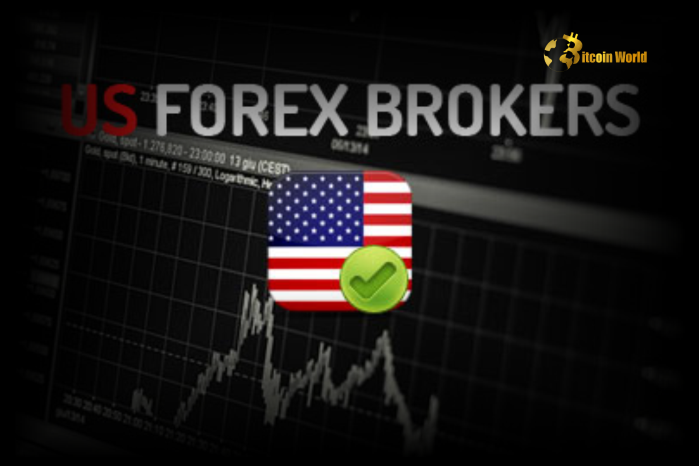Legal Regulations for Forex in the United States
Legal Regulations for Forex in the United States
Blog Article
Best Forex Brokers for Traders in the US
Foreign trade, or Forex trading, draws an incredible number of individuals in the United Claims every year. Their large measurement and liquidity ensure it is one of the very fascinating areas globally. Nevertheless, forex trading for beginners. has a special and strict approach to regulating Forex activities. If you're looking to business currencies or just want to know the way legal frameworks form the Forex industry, knowledge these rules is crucial.

Important Legal Frameworks Shaping Forex in the US
Forex regulation in the United Claims is distinguishable due to its complete chance controls and consumer protections. Two leading government bodies oversee most Forex activities:
• Commodity Futures Trading Commission (CFTC)
• National Futures Association (NFA)
The CFTC, created in 1974, is assigned with regulating the futures and choices markets, foreign change included. The NFA, as a self-regulatory firm, works strongly with the CFTC to enforce principles and maintain fairness in trading practices.
Subscription and Conformity
Every Forex vendor or broker using the services of U.S. people should enroll with both the CFTC and NFA. These entities will also be expected to stick to rigorous operational criteria, including:
• Minimal net capital requirements (often higher than in other countries)
• Continuing audits
• Solid anti-money laundering (AML) policies
• Clear risk disclosure
Violations can result in substantial fines or a lasting bar from the market. This regulatory platform seeks to stop scam, defend investors, and improve market integrity.
Significant Constraints on Forex Actions
Foundational defenses impact how Forex works in the U.S.:
• Control restricts: The NFA models a optimum power of 50:1 for important currency sets and 20:1 for minors. This is far below many global areas, helping protect new traders from significant losses.
• Segregation of funds: U.S. legislation requires that customer resources are held separate from broker functional funds. This measure safeguards traders in the event a broker becomes insolvent.
• Advertising and disclosure: Firms must clearly describe risks, costs, and trading systems to clients. Inaccurate or hostile solicitation techniques face rigid penalties.
Enforcement and Penalties
U.S. agencies frequently check for fraudulent systems, insider trading, and illicit market manipulation. Mathematical knowledge from enforcement studies shows a steady pattern of penalties and settlements lately, highlighting constant vigilance. This atmosphere, while stricter than most elements of the world, creates a better playing field for retail and institutional traders alike.
Things to Consider as a US Forex Trader
New styles show an ongoing rise in regulatory activities, a focus on customer knowledge, and continuous updates to conformity requirements. If you plan to deal Forex in the U.S., it's essential to:
• Verify a broker's productive registration position
• Keep updated with regulatory changes
• Evaluation risk disclosures before making trades
This method reduces unforeseen failures and improves your prospects in a tightly regulated but sturdy marketplace. By understanding legitimate regulations, U.S. traders may confidently participate in the Forex market while staying within the variables of the law.
Report this page